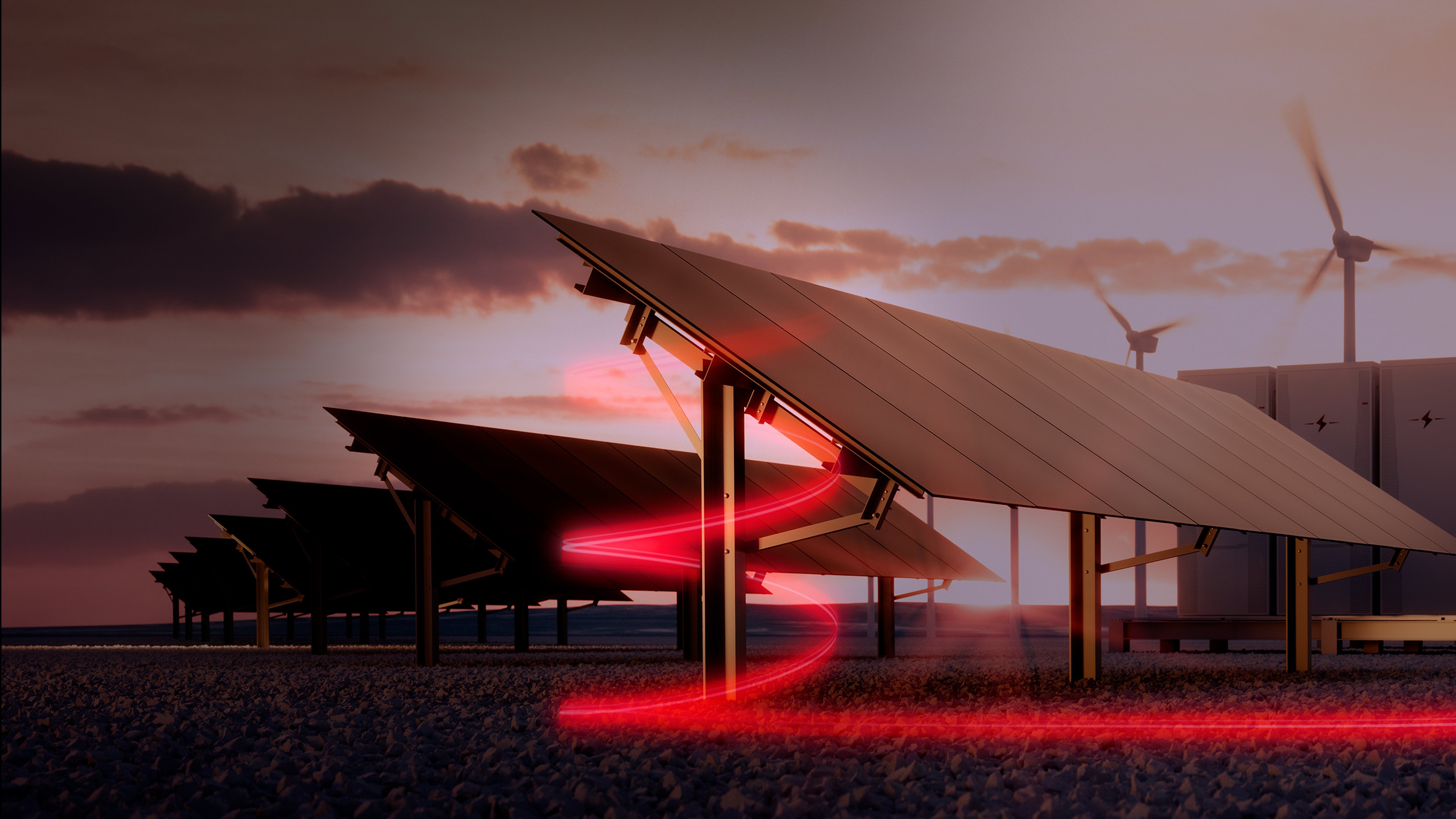
Becoming More Sustainable: How Batteries Store Energy
The UK’s electrical industry is increasingly relying on smarter grids and energy storage to balance supply and demand, create stability, and optimise the use of renewable sources.
Energy storage solutions help us move closer towards a model where energy is consumed close to the point of generation and support a greener energy future, consistent supply, and ensures a stable infrastructure.
Such is the demand for energy storage to fuel the clean energy transition, that it is thought around 100 GWh of supply will be needed by 2030 to meet the requirements of EVs, micro-mobility, and grid storage.
How Batteries Store Energy
Battery technologies store electrical energy in the form of chemical energy, which can be released as electricity when needed.
Batteries are typically made up of two electrodes, an anode and a cathode, which are separated by an electrolyte.
The chemical reaction between the electrodes and the electrolyte generates a voltage that can then be used to power electrical devices.
Lithium-ion batteries are the most common type of battery used for energy storage, not least because modern lithium batteries are light, powerful, and well-suited to a range of uses.
They are used by the grid to provide users with fast access to additional capacity. However, lithium-ion batteries are only suitable for short-term storage, with most large-scale batteries able to provide power for just 30-90 minutes. They also have a limited lifespan and can be expensive to replace.
Consequently, there is considerable attention being paid towards new storage technologies that offer higher energy density, greater affordability, and less or no degradation. Market focus has now turned to long duration energy storage (LDES) options.
LDES, where it can be effectively deployed, is a cheaper option for the grid than major upgrades to the transmission and distribution network.
Choose Rittal for energy storage solutions
Thanks to our significant industry sector experience, Rittal can offer you the right solutions for the energy transition.
With flexible, scalable modular systems, Rittal makes it easier for you to set up energy storage systems and offers you a range of components that are perfectly matched to one another: Enclosures, power distribution units, climate control solutions, automation solutions for panel building and switchgear manufacturing, as well as worldwide service.




